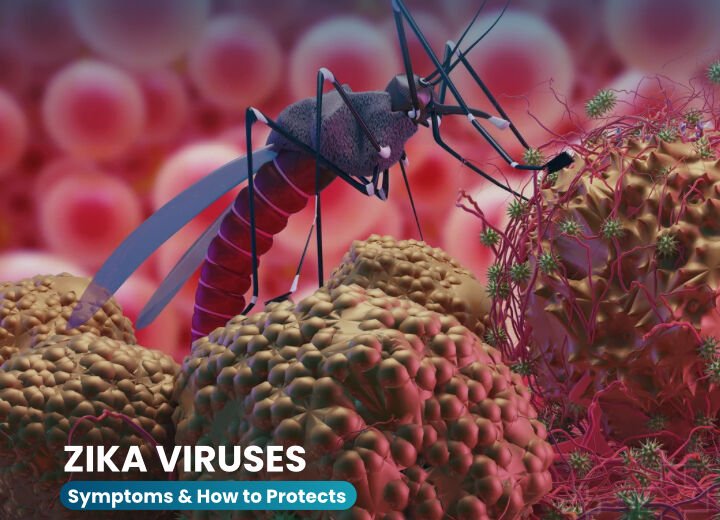Bali’s tropical sunshine is one of its biggest charms — but it can also be one of its hidden dangers. Whether you’re lounging on the beach, exploring waterfalls, or trekking Mount Batur at sunrise, heat-related illnesses can sneak up faster than you think.
Here’s how to recognize the signs, act quickly, and stay safe under Bali’s sun.
What Is Heat Exhaustion?
Heat exhaustion happens when your body loses too much water and salt through sweating. It’s your body’s warning sign that it’s overheating.
Common symptoms
- Heavy sweating
- Pale, clammy skin
- Weakness or dizziness
- Nausea or vomiting
- Headache
- Fast but weak pulse
- Muscle cramps
What to do
Move to a cooler, shaded area.
Drink water or an electrolyte drink slowly (avoid alcohol or coffee).
Loosen tight clothing and apply a cool, damp cloth to the skin.
Rest and avoid further heat exposure for the rest of the day.
If symptoms don’t improve within 30–60 minutes, it may progress to heat stroke.
What Is Heat Stroke?
Heat stroke is a medical emergency. It happens when your body temperature rises above 40°C (104°F) and your body can no longer cool itself. Without quick treatment, it can lead to organ damage or death.
Warning signs
- Hot, flushed, dry skin (no more sweating)
- Confusion, agitation, or loss of consciousness
- Very high body temperature
- Rapid and strong pulse
- Seizures or vomiting
What to do immediately
- Call for emergency medical help right away.
- Move the person to shade or an air-conditioned area.
- Cool the body — use cool water, wet towels, or fan the person continuously.
- Do not give fluids if the person is unconscious or not fully alert.
In Bali’s tropical heat, heat stroke can develop within minutes, especially for travelers not used to the humidity.
Why It Happens Often in Bali
- High humidity prevents sweat from evaporating, so your body can’t cool off.
- Long outdoor activities like surfing, hiking, or walking under the sun.
- Alcohol, caffeine, or dehydration from long travel days.
- Some medications (like diuretics) can make it worse.
How To Prevent Heat Illness in Bali
- Stay hydrated: drink water regularly, even if you’re not thirsty.
- Wear light, breathable clothing.
- Avoid peak heat hours (11 a.m. to 3 p.m.) for long walks or sightseeing.
- Use sunscreen and a wide-brim hat.
- Take frequent shade or indoor breaks.
- Replenish electrolytes after sweating (coconut water works great!)
When to Seek Medical Help in Bali
- Persistent vomiting or dizziness
- Confusion or fainting
- Rapid heartbeat or high fever
- No improvement after cooling and hydration
Remember:
🌞 Heat exhaustion is your body asking for a break.
🔥 Heat stroke is your body in crisis — act fast.



